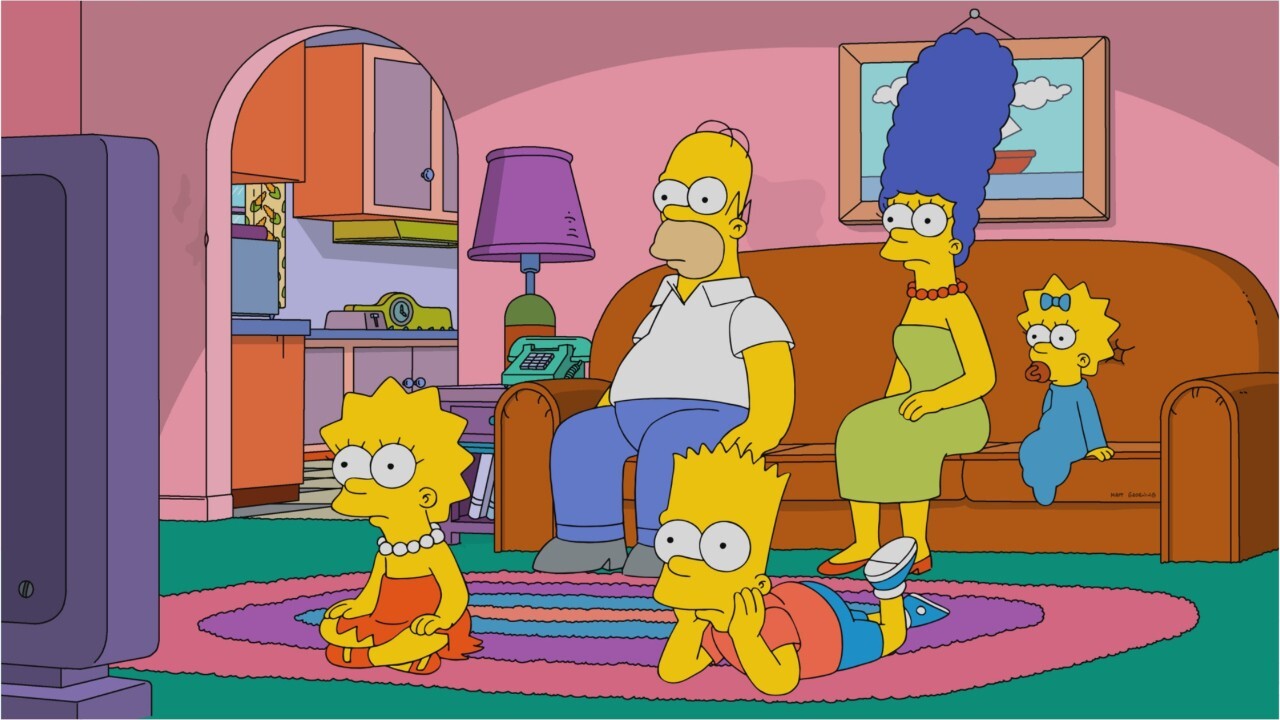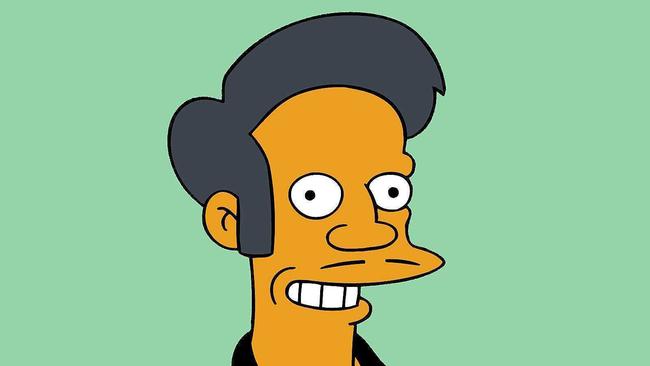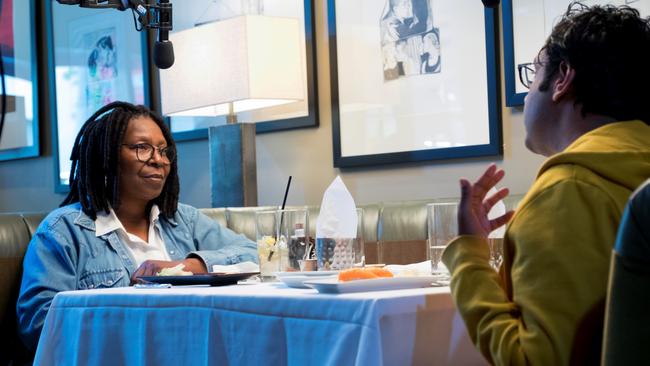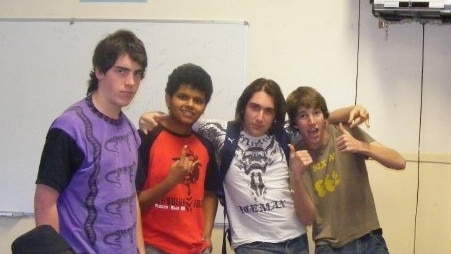Vale Apu. You never offended me
INDIANS are not as thin-skinned and easily-offended as social justice types think we are, writes Satyajeet Marar. Apu from The Simpsons was a great representative of our community, and I’ll miss him.

Rendezview
Don't miss out on the headlines from Rendezview. Followed categories will be added to My News.
AS a kid in India, I was a big fan of The Simpsons.
It was my introduction to adult humour in a quirky cartoon format that anyone could appreciate. Apu was an especially endearing character… and he was Indian! While his accent did sound a bit off, it was refreshing to see a brown character take on a major role in many of the storylines. We followed Apu’s trajectory through his struggle to reconcile his Indian identity with his American one, his marriage to Manjula, raising seven kids, and the misadventures that come with operating a convenience store in a small town where the locals are always up to various shenanigans.
Only after moving to Sydney at 14 did I see anything sinister in the portrayal of Apu. As the token foreign kid or ‘import’ at school in inner-west Sydney, my mannerisms and accent made me the target of unforgiving bullies. I was constantly asked to repeat the line “thank you, come again”. There are no 7-11s in India and the convenience store stereotype didn’t even make sense until I realised it was a thing in Western countries.
Worse yet, it wasn’t just the Anglo kids who were in on the joke. Other Indian kids, many born here, poked fun at my supposedly ‘Apuesque’ accent and ‘head wobble’. Tragically, they seemed to suffer from an inferiority complex, possibly due to their own experiences of racialised bullying which drove home an implicit message — the less ‘Indian’ you are, the higher your status is in this society.

But I also realised that the bullies engaging in casual racism usually dropped it once their victim stood up to them or showed them skills on the cricket pitch or footy field. While ‘shit-talking’ is a major sign of disrespect in many cultures, it’s a way of life in Australia. I began responding to the taunts about Apu’s lines with an exaggeratedly bogan “Yeah moite. Come again, larve.” I told the kid who called me a “curry muncher” that curry was delicious, and he could shove a vegemite sandwich up his arse if he had a problem with spice. The redhead kid who compared my skin-tone to mud was called a sun-dried tomato and that probably did more damage to him than his taunt ever did to me.
I’d be lying if I said this attitude put an end to the bullying completely. But it was empowering and far more helpful in my self-development and confidence than if I put my head down and whinged. Or worse yet, ran to the teacher or filed an ‘18c’ complaint at the Human Rights Commission every time someone made a wisecrack about my heritage or ethnic stereotypes.
The bullies didn’t pick on me because of Apu. They picked on me because I was different. And you can either pretend difference doesn’t exist, mope that it does, or own what makes you different as a positive, self-affirming force.

Because if Apu is an offensive stereotype who makes Indians look bad, then what does that say about Scottish groundskeeper Willie or Appalachian hillbilly, Cletus who are both portrayed as unstable buffoons to varying degrees?
Unlike Willie or Cletus, Apu’s struggles with reconciling his Indianness with his American identity are explored with nuance. Simpsons fans of all backgrounds shed a tear as they watched him sitting on the roof of his store, wistfully singing “Who needs the Kwik-e-Mart…? I do….”
Apu is no buffoon. He is a loyal family man with a successful marriage who balances the responsibilities of a large family with running a successful small business — that too in a show which centres around “America’s most dysfunctional family”. Like the archetypal immigrant to the United States, he came from modest origins to establish himself in a successful new life. With the exception of shoplifting schoolkids and the town robber, he is respected by his community and called upon frequently by the show’s protagonist and his family members in some of the most memorable episodes of a series that has been an American cultural icon for decades.

If anything, Apu’s characterisation is a nod to the perceived positive features of the Indian American community, one of the most financially successful immigrant communities per-capita in that nation. We see a begrudging appreciation for even arranged marriages, which though bizarre and undesirable by Western standards, are statistically more stable and successful on average than ‘love’ marriages. We see an appreciation for enterprise and the desire to fully integrate into a different society while retaining pride in one’s own identity and heritage.
What we don’t see is the social justice left’s caricature of minorities as homogenous tribal blobs who are easily offended and thin-skinned.
Sadly, the politically correct campaign to put an end to Apu, driven by Indian American comedian Hari Kondabolu and a legion of mostly upper-class, white ‘social justice’ progressives, has succeeded. The writers will reportedly write Apu off the show entirely.
Congratulations, snowflakes. You haven’t just killed off a character beloved by hundreds of millions around the world. You’ve killed off an American icon. And you have done Indians around the world no favours by doing that.
Satyajeet Marar is an Indian-born, Sydney-based freelance writer and commentator.
Originally published as Vale Apu. You never offended me
